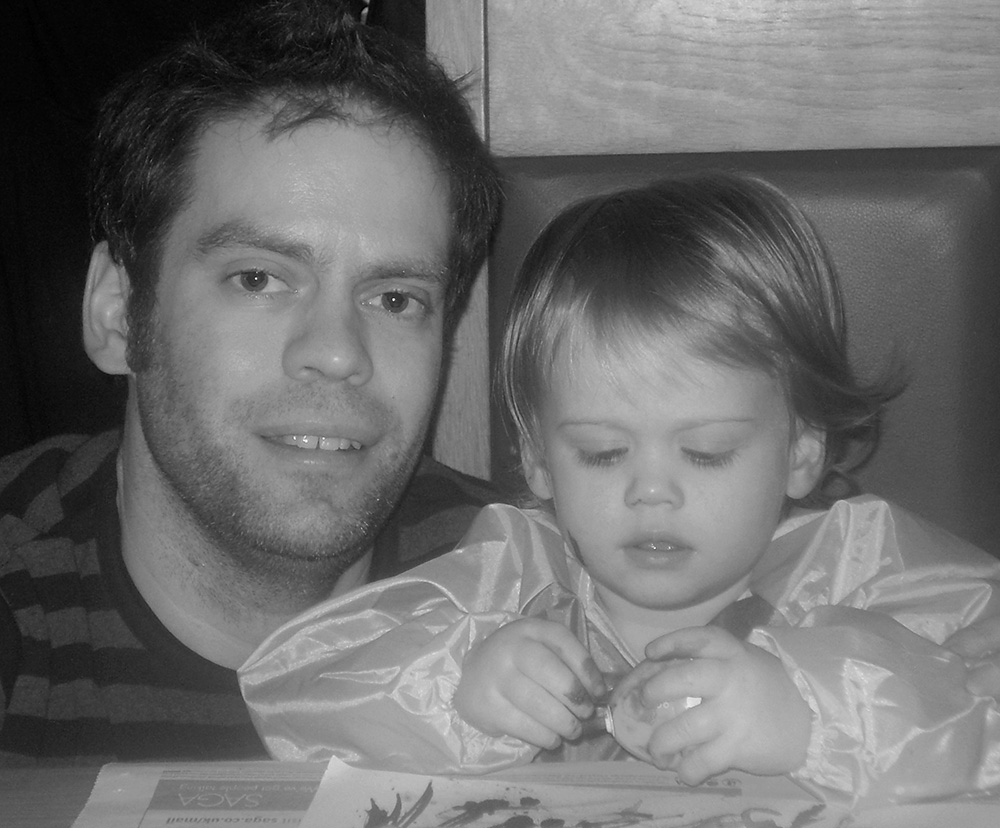I reacted with horror when I read the details of Ofsted’s first ever Early Years Annual report. You may very have seen it reported in the news because the author, Ofsted Chief Inspector Sir Michael Wilshaw proposed that two year olds should receive some form of formal schooling.
It is only fair that I put Sir Michael’s proposal into context. He wishes to “break the cycle of disadvantage” and help ensure children from less fortunate backgrounds are prepared for school and improve their levels of attainment. I couldn’t and wouldn’t criticise what is a very laudable aim.

What frightens me is that Sir Michael thinks the way to achieve this is by introducing structured learning in schools at the age of two. I have some major issues with this and as I looked into the details of what Sir Michael was proposing I grew even more nervous.
From a purely practical level, I just can’t see this working. Anyone who has seen a class of reception-aged children (ie four year olds) in the midst of a lesson will understand the challenges of trying to teach a group half that age.
My head is also left spinning at what the ratios between teacher and child would have to be for any meaningful learning to take place. They would have to be staggeringly high and this doesn’t fit with the Government’s agenda of reducing childcare costs. Costs would surely have to rise sharply, probably putting it well out of reach of the disadvantaged family groups this proposal is seemingly designed to help.
This is even before the impact of learning at such a tender age is considered. Personally, I want my youngest daughter to spend time crawling, laughing, jumping, pointing, rolling and mess making. I don’t want her in any form of structured learning, I want her to have fun and if she learns along the way then I’m happy. As a parent, I would of course support her in that learning.
Although she has flourished, I questioned whether my oldest was ready to enter the school system when she started in reception. The thought of my toddler being expected to conjugate verbs and do Algebra is just wrong, very wrong indeed (okay, so I exaggerate, but you get my point).
Then there’s the other issue of parental responsibility. As parents, we have a responsibility to prepare our children for school, regardless of whether we come from a disadvantaged background. This proposal seems to shift that responsibility from the family on to early years care providers. I’m all for breaking the cycle of disadvantage and helping disadvantaged families, but does such a proposal help such family units? I am inclined to say it doesn’t help at all and that it would turn out to be a case of unwarranted and poorly planned state intervention.
We must also look into the detail of Sir Michael’s report. I noted two very telling comments.
The first is this one: The government should introduce a nationally comparable and standardised baseline assessment at the start of Reception, with external marking for both the baseline and Key Stage 1 assessments.
I will summarise in layman’s terms: Children should have their academic achievement assessed at the age of four. I totally get the need for assessment but please, let the kids learn something before assessing them.
The second point is even more telling: Schools should be given greater flexibility to support children in their early years and be incentivised to do so – including by removing the requirement for separate registration, regulation and inspection for this younger age group and more recognition of school leaders who voluntarily make themselves accountable for raising attainment on entry through engagement with the local early years sector.
The interesting part of this incredibly long sentence is “removing the requirement for separate registration, regulation and inspection.” If you have any knowledge of Ofsted, you’ll know its inspection regime can be very complex and bloated. Streamlining the process is probably no bad thing.
There is, however, another way to interpret that these words; regulation could be made less rigorous and cheaper. Such a sentiment doesn’t fill me with confidence.
As you may have gathered, I think Sir Micahael’s approach is misguided. I suggest finding other ways to “break the cycle of disadvantage.”







3 thoughts on “School at the age of two? I think not.”
I was disgruntled to find out that children aged 2 who have a parent on job seekers allowance get free childcare places. Yet parents who work have to pay for their childcare. Why would they need to send their child to nursery everyday when they’re at home all day?
Also, when I was looking at nurseries for my youngest, who was 2 at the time, a teacher asked if she could write her own name yet. What! They’re at school till they’re 18 let’s keep it fun for a little while longer
That’s an interesting comment you make about your youngest and writing her name at the age if two. My mother tells me I didn’t pick up a pencil until I was five!
Anyway, quite agree with you…kids should be left to be kids.
Great post John, incredible to think of children going to school at the age of two. Although POD will be ready to start school next year, she’s certainly not ready yet. She’s had lots of fun at nursery and although they’re teaching her to do her coat up and fasten her shoes now, overall they let kids be kids 🙂